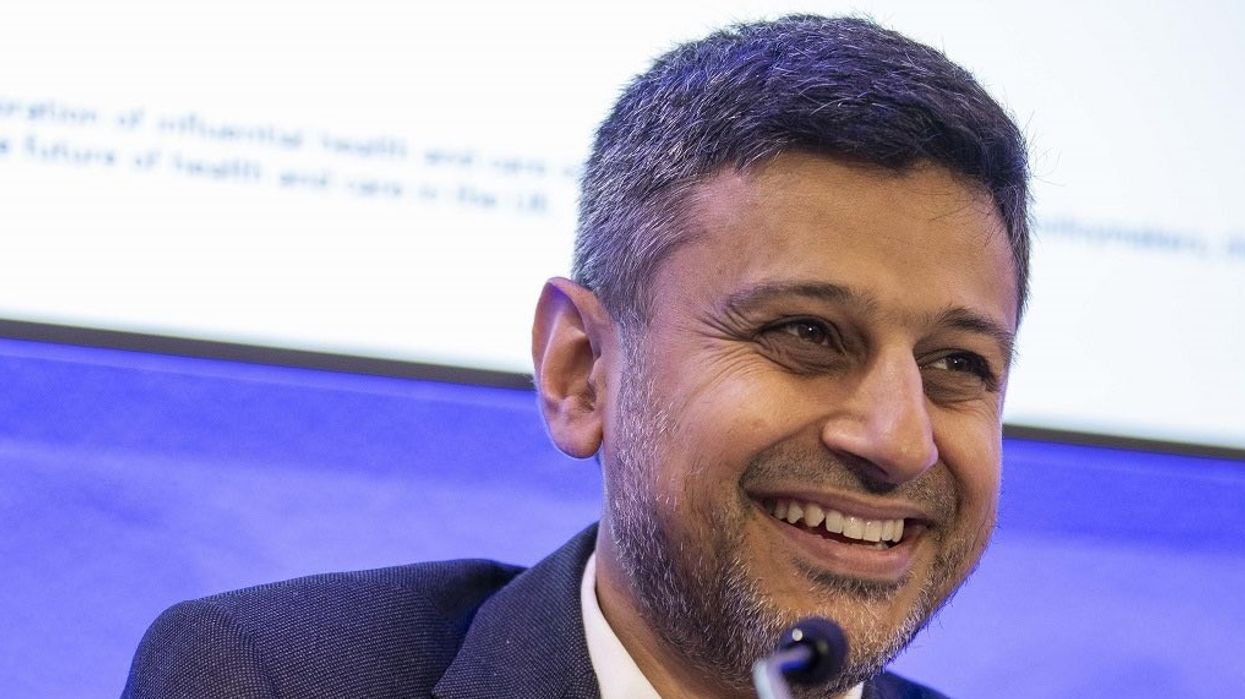A NEW artificial intelligence (AI) tool is revolutionising the early detection of atrial fibrillation (AF), a common heart condition linked to a heightened risk of stroke.
This innovative approach is currently undergoing trials in West Yorkshire, where it analyses patient records to spot early warning signs of AF, even before symptoms develop, reported the Telegraph.
AF, which causes an irregular and often rapid heart rate, affects approximately 1.6 million people in the UK. However, experts from the British Heart Foundation (BHF) estimate that thousands more cases remain undiagnosed. While some patients with AF experience symptoms such as palpitations, dizziness, or fatigue, many remain asymptomatic and unaware of their condition. Early diagnosis is crucial, as timely treatment can significantly reduce the risk of stroke.
The AI tool, developed by researchers at the University of Leeds and Leeds Teaching Hospitals NHS Trust, is part of the Find-AF trial funded by the BHF and Leeds Hospitals Charity.
By analysing anonymised health records from over 2.1 million individuals, the algorithm has been trained to recognise patterns and risk factors indicative of potential AF cases. It was further validated using data from an additional 10 million medical records.
The trial sees the AI system scanning GP records at multiple surgeries in West Yorkshire. Patients identified as high-risk are invited for further testing. They are given handheld electrocardiography (ECG) devices to monitor their heart rhythm twice daily over four weeks or whenever they experience palpitations. If the ECG detects AF, the results are shared with their GP to discuss potential treatments.
John Pengelly, a former Army captain, credits the AI tool for identifying his elevated risk of AF. “I’m really grateful,” he said. “Now, I just take a couple of pills a day to lower my stroke risk.”
Prof Chris Gale, a cardiovascular medicine specialist at the University of Leeds, explained the importance of early detection: “All too often, the first sign of undiagnosed AF is a stroke, which can have devastating consequences for patients and their families. Identifying AF earlier can prevent such outcomes and reduce the financial burden on healthcare services.”
The AI system calculates risk using a combination of factors, including age, sex, ethnicity, and pre-existing conditions like high blood pressure or diabetes. This targeted approach aims to make the diagnosis process more efficient and accessible. The trial’s success could pave the way for a nationwide rollout, potentially preventing thousands of strokes annually. AF is believed to contribute to around 20,000 strokes in the UK each year.
Dr Sonya Babu-Narayan, associate medical director at the BHF, highlighted the potential impact of this technology: “By leveraging routinely collected healthcare data and predictive algorithms, this research offers an exciting opportunity to identify more individuals at risk of AF and reduce their stroke risk.”
Health secretary Wes Streeting recently praised the transformative potential of AI in healthcare, noting its ability to “predict and prevent illness”.




















